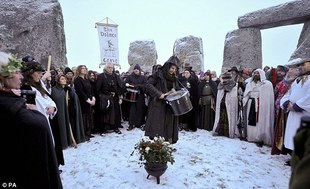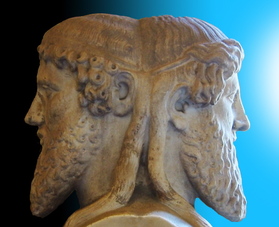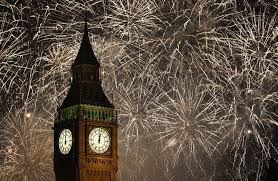Sounds familiar.
No more spiced wine and figs after that!
In the year 567, the Council of Tours decided that the New Years should not be celebrated, prayers were to be said instead and there was to be no dancing whatsoever .
This new law wouldn't have concerned the clergy that much, they were worried about other changes the council was making. The bishop, for instance, had to treat his wife as a sister, monks worried that if there was more than one of them in a cell they each had to take turns in staying awake and reading to the rest, and no women were allowed in religious houses at all.
What a load of party poopers!
On the whole people of the secular community were less worried, the medieval Europeans considered the New Year to be a Pagan festival, and therefore couldn't care less. The only ones to care were the party organisers, now they would have been up in arms about the date change, think about all that printed stationary and party balloons gone to waste!
However, they need not have worried, it took another 550 years for the date to be changed again. As time passed England went along with the rest of Europe and we moved our New Year to the 25th of March, it remained at this date until 1752 when we decided that Caesar's idea was a good idea after all and we reverted back to using the 1st of January as the beginning of the year.
And on that note I would like to wish you all a very
Happy New Year




 RSS Feed
RSS Feed
